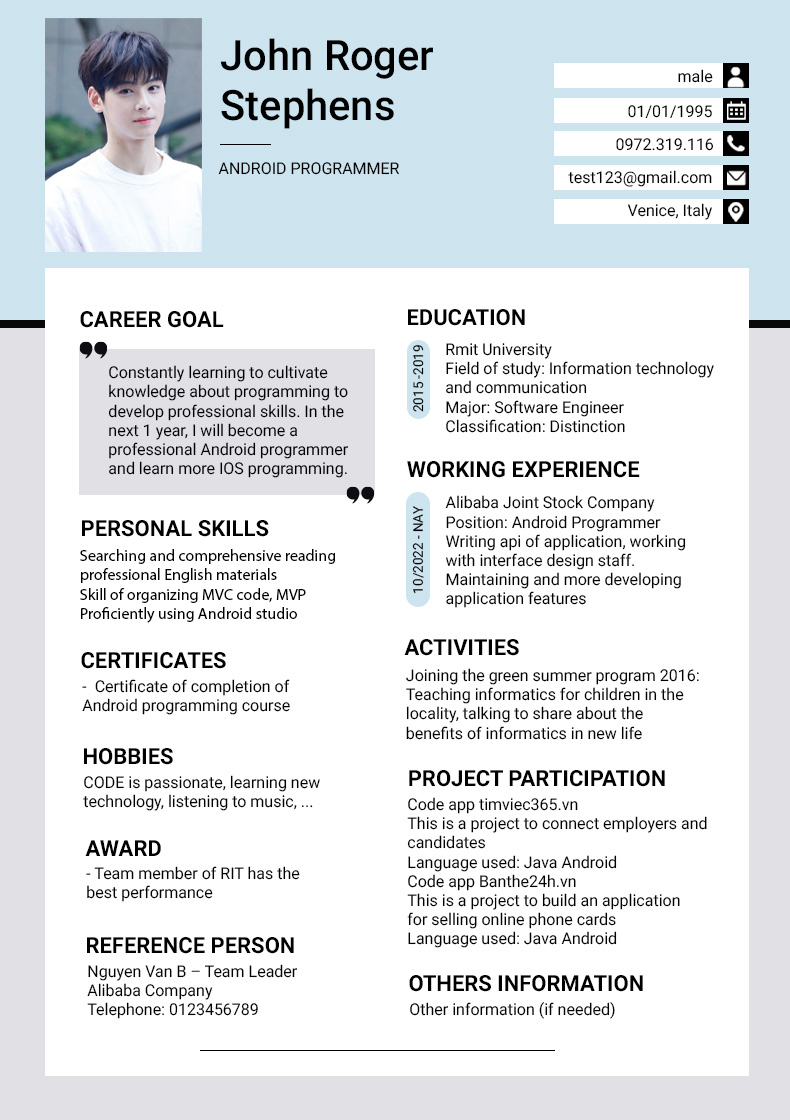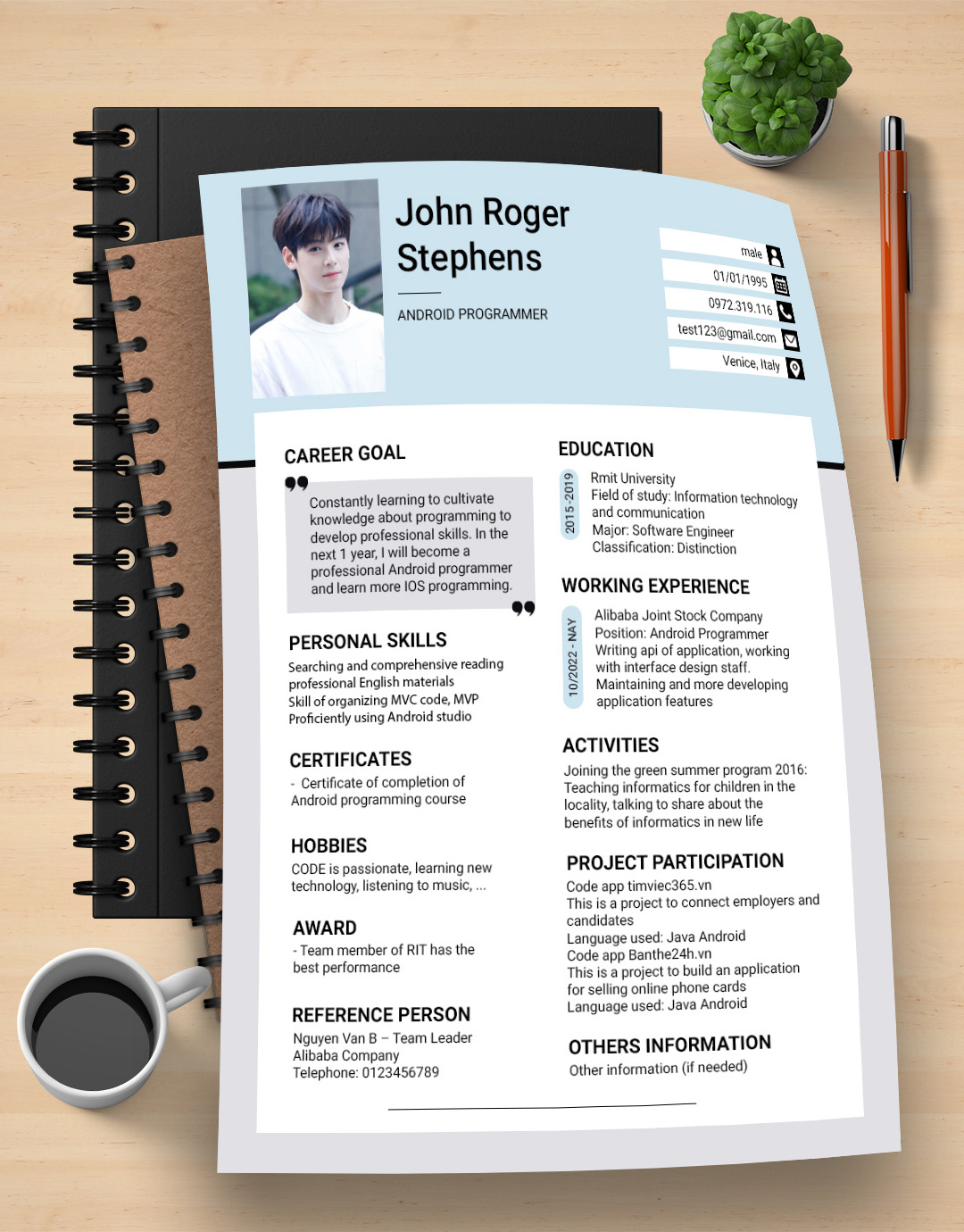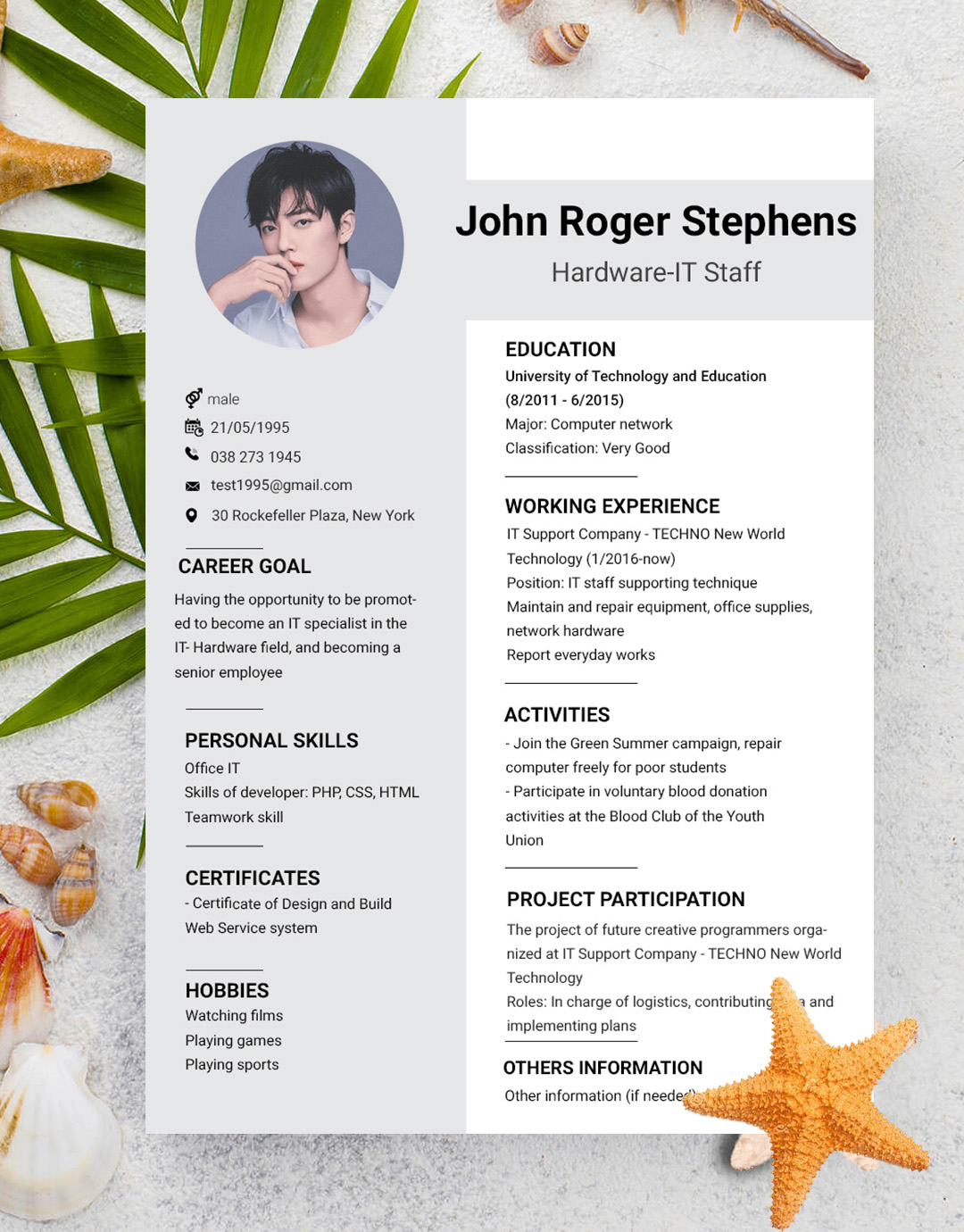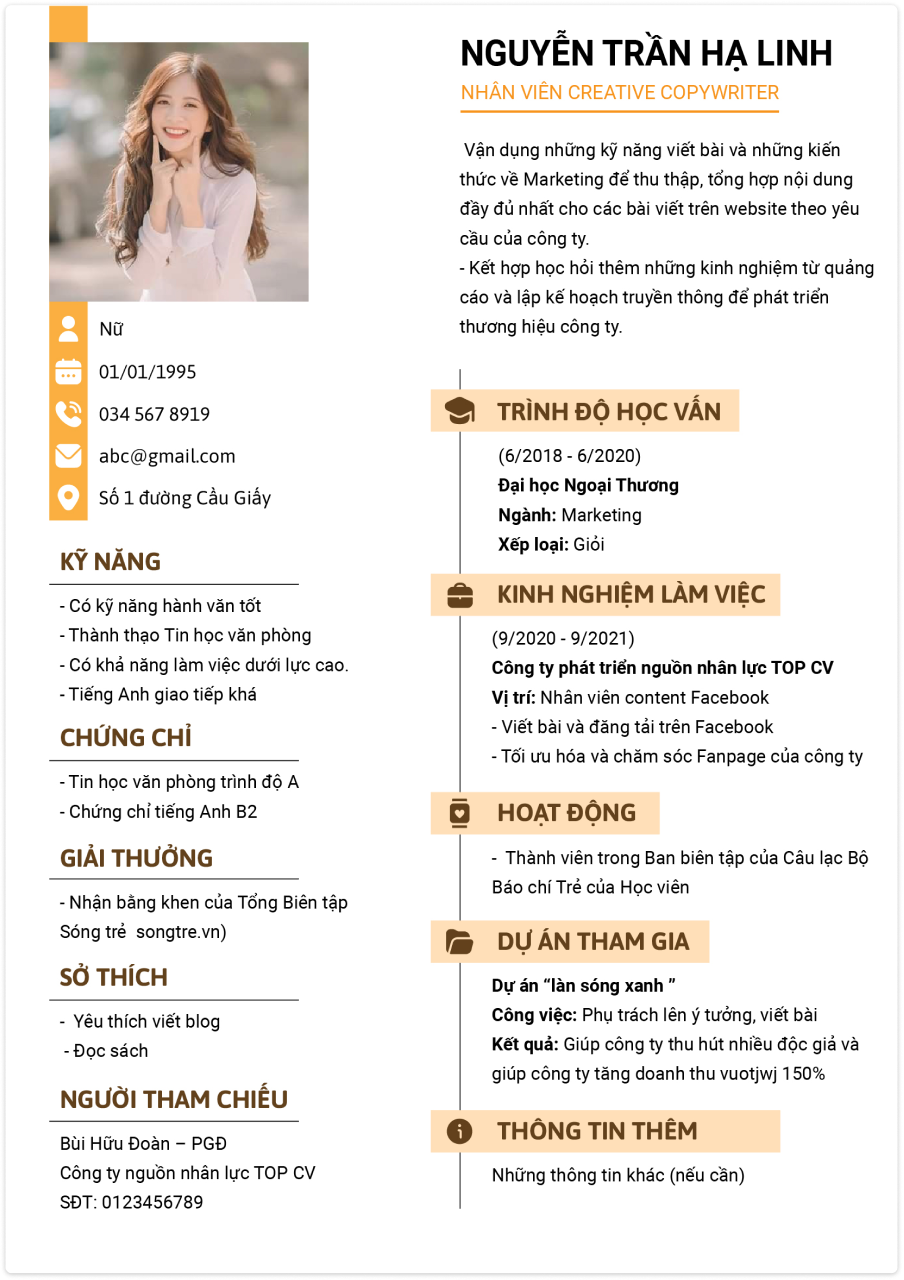Find top tips and resources for job seekers to enhance your job search success in the Philippines.
Are you among the thousands of job seekers looking to make a mark in the competitive job market? This guide is designed to equip you with the strategies and insights you need to navigate your job search confidently and land the right position. Let’s dive into what every Filipino job seeker should know.
Essential Guide for Job Seekers in the Philippines: Tips for Success
1. Understanding the Job Market in the Philippines
Navigating the job market requires a clear understanding of the industries that are actively hiring, the demand for specific skill sets, and how job search practices are evolving. For job seekers in the Philippines, staying informed about industry trends and leveraging resources available for career growth can make a substantial difference in the success of your job hunt.
1.1. Identify Key Sectors for Job Growth

Certain industries in the Philippines, such as business process outsourcing (BPO), information technology, healthcare, and tourism, offer abundant job opportunities. Researching these sectors and their demands will help you align your career goals with market needs, making you a more competitive candidate.
1.2. Adapting to Remote and Hybrid Work Trends
With remote and hybrid work becoming more prominent, job seekers must also adapt to these trends. Employers increasingly value candidates who demonstrate flexibility and technological proficiency. Highlighting relevant skills on your candidate profile can improve your chances, especially when applying for roles that accommodate flexible work arrangements.
2. Building a Strong Candidate Profile
A compelling candidate profile is essential for attracting recruiters and distinguishing yourself from other job seekers. This profile serves as your digital resume, offering potential employers a concise view of your skills, experience, and professional aspirations. To make the most of your profile, be sure to include clear information about your core competencies and past roles.
2.1. Crafting a Professional Summary
Your summary is the first thing recruiters see, so ensure it highlights your key strengths in 2-3 sentences. Tailor this section to reflect both your expertise and what you’re looking for in a role. For example, if you're a tech-savvy job seeker skilled in web development, mention your experience with specific programming languages or tools.
2.2. Highlighting Key Skills and Achievements
In a competitive market, skills and accomplishments matter. Include a section that emphasizes technical and soft skills that are relevant to your target roles. For example, job seekers in the IT field might list programming, project management, or data analysis, while those in customer service can emphasize communication and problem-solving abilities. Include specific achievements, such as “increased customer satisfaction by 20%” or “led a project that generated 15% revenue growth,” to add impact.
3. Leveraging Job Seekers’ Resources and Networks
Building a solid network and utilizing available resources can significantly enhance a job seeker's chances of finding the right opportunity. The Philippines offers a wealth of resources, from job portals to networking events, aimed at helping job seekers succeed.
3.1. Using Job Portals Effectively
Job portals like job seekers websites are a vital tool for finding potential openings quickly. Sites such as JobStreet, Indeed, and even job boards specific to the Philippines can help you locate opportunities relevant to your field. Update your candidate profile frequently, and customize each application to align with the role you’re pursuing.
3.2. Networking Through Professional Events and Social Media

Attend industry events, webinars, or networking meetups, whether online or in person. Platforms like LinkedIn are also invaluable for connecting with industry professionals and recruiters. Engaging in conversations, joining groups relevant to your field, and posting about industry trends can help job seekers make lasting connections that may lead to job referrals.
4. Mastering Job Application Techniques
Knowing how to effectively apply for jobs is a crucial skill for job seekers. Crafting a resume that stands out, personalizing each application, and following up professionally are all techniques that can increase your chances of securing an interview.
4.1. Creating a Tailored CV
Your job seekers CV should reflect the specific qualifications required for each role. Avoid using a generic CV for all applications. Instead, tailor it by emphasizing experiences and skills that align with the job description. For instance, if the job requires strong project management skills, make sure to highlight relevant projects you have led or contributed to. A customized CV shows recruiters that you are serious and attentive to detail.
4.2. Writing a Compelling Cover Letter
A well-written cover letter can set you apart from other job seekers. Address the letter to the hiring manager, if possible, and mention why you’re drawn to the company and position. Use this opportunity to expand on your relevant achievements and convey your enthusiasm for the role. Keep it concise but impactful.
4.3. Following Up Professionally
Following up after submitting an application or after an interview demonstrates your eagerness and professionalism. After applying, give it about a week, then send a polite email to inquire about the status. If you’ve interviewed, a thank-you note or email within 24 hours helps leave a positive impression, showing that you value the interviewer’s time.
5. Preparing for Interviews with Confidence
Interviews can be intimidating, but with the right preparation, job seekers can present themselves with confidence. Practice common interview questions, research the company, and prepare questions to ask are essential steps.
5.1. Practicing Common Interview Questions
Job seekers can benefit from rehearsing answers to typical interview questions, such as “Tell me about yourself” and “What are your strengths and weaknesses?” Practice answering these questions in a way that highlights your skills and experiences relevant to the position. Mock interviews with friends or mentors can also be valuable for refining your responses.
5.2. Researching the Company and Role
A thorough understanding of the company’s goals, values, and products or services can significantly benefit job seekers during interviews. This research demonstrates your genuine interest in the role. Visit the company’s website, check out recent news about them, and review their LinkedIn page to gather insights. Use this knowledge to tailor your responses, showing how your skills align with the company’s mission.
5.3. Preparing Thoughtful Questions to Ask
Asking questions in an interview shows that you’re engaged and considering how the role fits with your goals. Questions such as “What are the team’s current goals?” or “How is performance evaluated here?” allow job seekers to assess if the position aligns with their professional aspirations.
6. Navigating the Job Seekers' Registration Process
Registration on job portals is a simple yet essential step that job seekers must complete to maximize their visibility to recruiters. Most portals offer easy, step-by-step registration processes that allow candidates to create and update their profiles, upload their CVs, and apply directly to job postings.
6.1. Creating a Comprehensive Profile

When registering, ensure that your candidate profile is thorough and accurately represents your skills and experience. Many job portals also offer the option to include additional information, such as certifications, languages spoken, and career interests. For job seekers in the Philippines, this is a valuable way to differentiate yourself in a competitive market.
6.2. Managing Notifications and Alerts
Most job portals allow job seekers to set up email alerts or mobile notifications based on job preferences. These features notify you about relevant opportunities, helping you apply quickly. Regularly updating and managing these settings will ensure that you stay informed about new job openings that fit your profile.
6.3. Updating Your Profile Regularly
Many job portals feature profiles of job seekers who have recently updated their information. Keep your profile current to stay visible and competitive. Adding new skills, achievements, or roles can make a positive impact and attract recruiters actively searching for candidates.
7. Utilizing Free Resources for Job Seekers
There are numerous free resources that job seekers can utilize to enhance their job search experience. Many websites offer guides, resume templates, and tips to help candidates succeed in their search.
7.1. Job Seekers' Websites Offering Free Templates and Tools

Some websites provide free CVs and candidate profile templates such as Job365.ph. These tools are particularly helpful for job seekers who may not have the resources to pay for professional CV services. Use these resources to create professional-looking CVs and profiles that stand out to recruiters.
7.2. Accessing Career Coaching and Job Search Workshops
In the Philippines, certain organizations and job portals offer free webinars, coaching sessions, and workshops designed to help job seekers improve their job search skills. Participating in these sessions provides valuable insights into topics such as resume writing, interview preparation, and personal branding.
7.3. Leveraging Online Job Communities and Forums
Online communities and forums allow job seekers to connect, share experiences, and offer advice to each other. Websites like LinkedIn, Reddit, and dedicated job-seeking groups on social media provide a supportive space to discuss challenges, ask questions, and get guidance from others who are also navigating the job market.
8. Finding Job Opportunities Near You
Location-based job searches are an effective way for job seekers to find relevant positions close to home. Many job portals and websites offer filters that allow candidates to search for jobs based on proximity, which can be particularly useful for those seeking in-office roles.
8.1. Using "Job Seekers Near Me" Filters
Popular job portals include a "job seekers near me" option, enabling candidates to filter search results by location. This feature is invaluable for job seekers who prefer in-person roles and want to limit their search to specific areas.
8.2. Exploring Local Job Fairs and Networking Events
For job seekers in the Philippines, attending job fairs and networking events in major cities like Manila or Cebu can provide direct access to recruiters and hiring managers. Many of these events are free and allow you to speak directly with employers about available roles, requirements, and company culture.
9. Understanding the Importance of Contact Information for Job Seekers
Providing clear and accessible contact information is essential for job seekers. Recruiters need a way to reach out easily, whether it’s to schedule an interview or ask for more details. Ensuring your contact information is correct and updated increases the likelihood of being contacted by potential employers.
9.1. Adding a Job Seekers' Contact Number

Include a professional contact number on your candidate profile and resume. A phone number makes it easy for recruiters to reach you quickly, especially if there’s a need to set up interviews on short notice. Make sure your voicemail is professional, as recruiters may leave messages if they cannot reach you immediately.
9.2. Including an Active Email Address
Alongside a phone number, an active email address is a must for job seekers. Use a professional email address that includes your name to make a good impression. Check your email regularly for responses to applications, as recruiters often communicate through email for scheduling interviews or sending further instructions.
10. Learning How to Find Candidates as a Recruiter
While this guide is focused on job seekers, it’s also beneficial for recruiters to know how to find suitable candidates effectively. Recruiters can access profiles of job seekers through various online platforms, filtering by location, skill set, and experience level to find ideal matches.
10.1. Finding Candidates Through Job Seekers Websites
Websites dedicated to job searching often allow recruiters to browse job seekers’ profiles based on criteria such as job title, skills, and availability. Some platforms even offer candidate recommendations, streamlining the process for recruiters.
10.2. Searching for Candidates Near Specific Locations
Some job portals allow recruiters to use “find candidates for jobs near me” filters, enabling them to locate local talent. This feature is valuable for businesses that prioritize hiring candidates within specific geographic areas or for roles that require in-person presence.
11. Job Seekers in the Philippines: Local Tips for Success
For job seekers in the Philippines, there are unique aspects of the local job market to consider, from cultural expectations in the workplace to the preferred skills in certain industries. Understanding these factors can give job seekers an edge over their competition.
11.1. Emphasizing In-Demand Skills

Some industries in the Philippines highly value skills like English fluency, customer service, and technical knowledge in fields such as IT or digital marketing. By showcasing these skills prominently in your candidate profile, job seekers can align themselves more closely with the needs of employers in these sectors.
11.2. Networking within the Filipino Job Market
In the Philippines, personal connections and networking play a significant role in job searching. Many employers prefer to hire candidates who come recommended by someone within their network. Job seekers can benefit from actively building relationships with industry professionals, attending events, and joining local groups to expand their connections.
12. Staying Positive and Resilient in Your Job Search
Job searching can be a challenging process, but maintaining a positive outlook and resilience can make a significant difference. Persistence, adaptability, and continuous improvement are essential for job seekers facing a competitive market.
12.1. Setting Realistic Goals and Expectations
Setting clear, realistic goals helps job seekers manage expectations and stay motivated. Establishing small, achievable milestones, like updating your resume or applying to a set number of jobs weekly, can keep you focused and give a sense of accomplishment as you progress.
12.2. Seeking Feedback and Learning from Rejections
It’s normal to face rejection during the job search. Instead of getting discouraged, use these experiences as learning opportunities. Some recruiters may provide feedback, which can help job seekers improve their approach in future applications.
13. Improving Your Online Presence as a Job Seeker
In today’s digital age, having a strong online presence can be a significant asset for job seekers. Many recruiters search online profiles to gain additional insights into candidates, making it essential for job seekers to present themselves positively across social media and professional platforms.
13.1. Optimizing Your LinkedIn Profile

LinkedIn is a powerful tool for job seekers, serving as an online resume and networking platform. Ensure your candidate profile on LinkedIn is complete, highlighting key skills, experiences, and endorsements. Engage with industry-related content and follow companies of interest, as these actions can increase visibility to recruiters.
13.2. Managing Social Media Accounts Professionally
Social media platforms, while primarily personal, are also commonly viewed by recruiters. Make sure your public profiles portray a professional image by keeping posts respectful and relevant. Job seekers should consider setting privacy settings on personal accounts or keeping content professional, especially if they actively engage in industry discussions.
14. Keeping Up with Industry Trends
Understanding current trends and future directions in your field can set job seekers apart from the competition. Regularly updating your knowledge demonstrates a commitment to growth and adaptability, qualities highly valued by employers.
14.1. Following Industry News and Publications
Stay informed about the latest developments in your field by subscribing to relevant publications, news sites, and industry journals. This habit helps job seekers discuss current trends confidently during interviews, showing recruiters that they are proactive and well-informed.
14.2. Participating in Online Courses and Certifications
Many platforms offer free or affordable courses that allow job seekers to develop new skills or deepen existing ones. Platforms like Coursera, LinkedIn Learning, and Udemy provide certifications that can be added to your candidate profile, showcasing your commitment to professional growth.
15. The Value of Persistence and Adaptability in Job Seeking
The journey to finding a job often involves overcoming obstacles, and adaptability can help job seekers navigate these challenges. Being open to feedback, adjusting applications, and maintaining resilience are crucial to long-term success.
15.1. Adapting Your Strategy Based on Feedback
Every job application can be a learning experience. When feedback is available, it’s valuable for job seekers to adjust their resumes, cover letters, or interview techniques based on recruiter comments. This iterative approach allows you to continuously improve and increase your chances of success.
15.2. Exploring Alternative Job Paths
While having a clear career goal is beneficial, being open to related roles or new fields can also create opportunities. Sometimes, job seekers discover unexpected interests and strengths by exploring roles outside their original plan, which can lead to fulfilling careers.
16. Utilizing Government and NGO Support for Job Seekers in the Philippines
In the Philippines, various government programs and non-governmental organizations (NGOs) provide resources and support for job seekers. Knowing about and utilizing these services can enhance your job search.
16.1. Accessing Government Employment Services

The Department of Labor and Employment (DOLE) in the Philippines offers several job-matching programs and career services to support job seekers. Registering with DOLE and attending their employment seminars or job fairs can be beneficial for finding opportunities and receiving guidance.
16.2. Exploring NGO Programs for Skill Development
Many NGOs in the Philippines focus on skill development and job placement for underserved communities. By engaging in these programs, job seekers can acquire skills in demand and connect with employers who value these partnerships.
17. Wrapping Up Your Job Search Journey
While job searching is rarely a short process, staying motivated and organized can help job seekers reach their goals. Reflecting on what has worked, maintaining a proactive approach, and remaining open to learning will make this journey more productive.
17.1. Reflecting on Lessons Learned
As you progress in your job search, take time to reflect on each application and interview experience. Recognize what went well and identify areas for improvement. This reflection enables job seekers to continuously refine their approach and become more effective over time.
17.2. Staying Organized and Tracking Applications
Keeping track of applications, interview dates, and follow-ups can prevent confusion and help job seekers stay focused. Consider using a spreadsheet or job search app to monitor progress and stay organized throughout the journey.
18. Maximizing Your Chances as a Job Seeker with Self-Care
The job search process can be both mentally and physically demanding. For job seekers, incorporating self-care practices can make a significant difference, helping them stay focused, resilient, and motivated throughout the journey.
18.1. Managing Stress and Maintaining Balance
Balancing the time spent on job applications with personal activities is essential. Setting aside time for relaxation, hobbies, and exercise can reduce stress levels. Job seekers who prioritize self-care are often more productive and have a positive outlook, making them more appealing to potential employers.
18.2. Building a Support Network

Having a support network can provide emotional encouragement and practical advice during your job search. Friends, family, mentors, or even other job seekers can offer valuable insights, feedback, and motivation. Engaging in networking groups and online communities also provides a support system that can be a source of encouragement.
19. Continuing Education and Professional Development
The job market is constantly evolving, and job seekers who invest in their professional growth have a competitive edge. Pursuing additional certifications, attending workshops, and developing new skills are key to standing out.
19.1. Enrolling in Skill-Enhancement Programs
In the Philippines, various institutions offer courses and certifications in high-demand fields. For example, IT and digital marketing courses are popular choices among job seekers. Gaining certifications demonstrates to employers a commitment to growth and expertise in relevant skills.
19.2. Attending Webinars and Professional Conferences
Attending industry-specific webinars and conferences provides an opportunity to learn from experts and stay updated on current trends. This proactive approach allows job seekers to engage with the community, develop industry knowledge, and gain insights that can be valuable during interviews.
20. Conclusion: Staying Persistence and Focused on Your Career Goals
The journey of a job seeker requires persistence, adaptability, and continuous improvement. While challenges are common, staying dedicated and taking proactive steps can lead to fulfilling job opportunities.
In closing, remember that as a job seeker, your efforts in creating a strong candidate profile, leveraging job portals, networking, and investing in self-care and professional development will pay off. Stay motivated, and keep moving forward towards your career aspirations.





